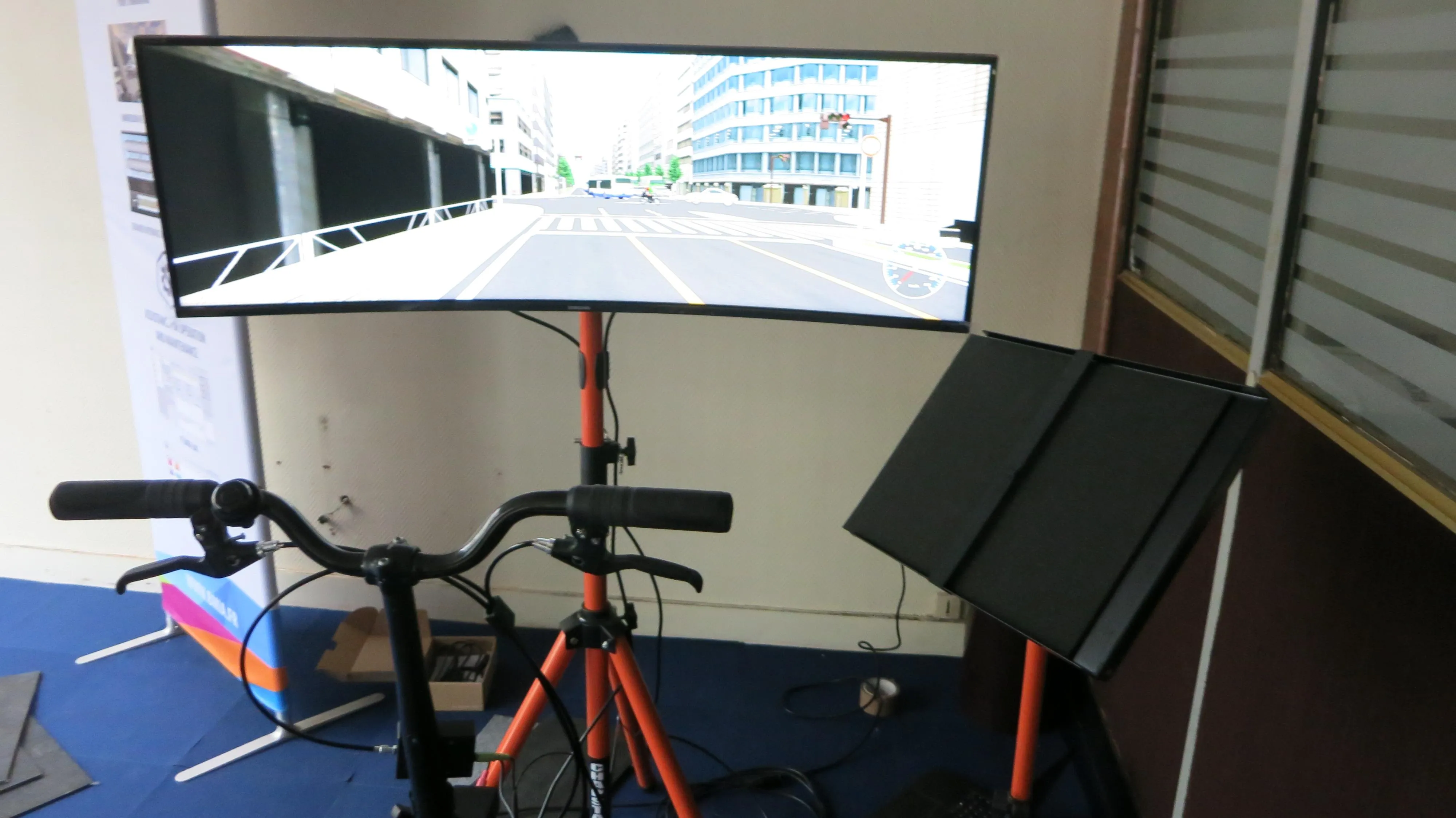PIPS Technology has announced it has been instrumental in drafting a new industry standard UTMC (Urban Traffic Management and Control) interface for ANPR systems to overcome difficulties for technology from different systems being able to communicate with each other. For example, PIPS JTMS (Journey Time Measurement System) may not communicate all data to a traffic management system supplied by a third party, because they are designed and built in differing ways, using dissimilar software by different compan
May 1, 2012
Read time: 2 mins
PIPS says it was involved in a series of discussions with the industry body, UTMC, who wanted to create a suite of open standards to allow all traffic technologies to communicate with each other, so PIPS Software Engineers drafted the UTMC interface for ANPR communications. That draft has since been approved by other companies within the industry and it is now available as a software option on PIPS P382 SpikeHD and PIPS P392 Spikelet ANPR cameras.
Since the interface has been completed, PIPS has supplied more than 40 of its UTMC Spikelet cameras to the NRA (National Roads Authority), in Ireland, for a project in conjunction with ITS Road Services and their sub-contractors, Electro Automation, one of PIPS preferred partners. This project is one of the first, if not the first, UTMC compliant JTMS that has been installed in the UK & Ireland.
The new UTMC interface on PIPS Spikelet cameras means the data from the cameras can be used with PIPS JTMS, or any UTMC compliant JTMS. This then communicates travel time estimates via an XML Web interface to the NRA’s Advanced Traffic Management System (ATMS), which provides traffic information back to motorists using variable message signs (VMS) and the NRA’s traffic information web site (www.nratraffic.ie).
PIPS Technology has recently successfully won a second contract to extend the system further with another 40+ cameras through Electro Automation and ITS Road Services for the NRA.








